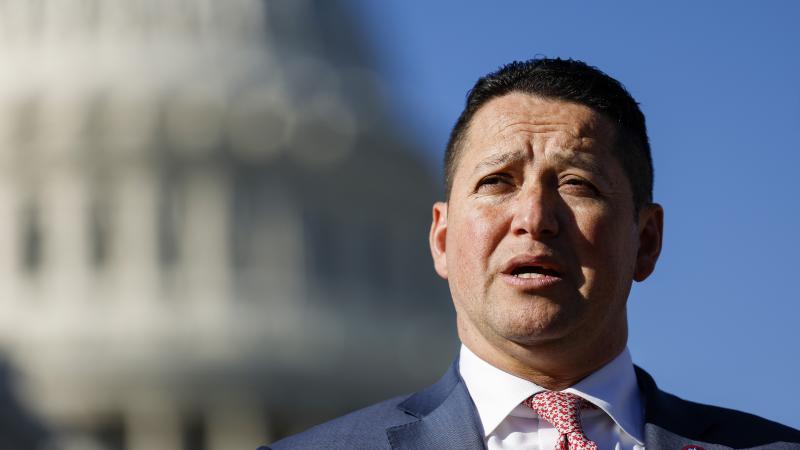East Palestine area residents demand more transparency, chemical testing
To pressure state officials to do more, residents of both sides of the Ohio-Pennsylvania border have formed the Unity Council for the East Palestine Train Derailment Community.
(The Center Square) — Almost five months after the Norfolk Southern train derailment in East Palestine, Ohio, locals say there's still a lack of transparency from state and federal officials — and not enough testing inside homes.
To pressure state officials to do more, residents of both sides of the Ohio-Pennsylvania border have formed the Unity Council for the East Palestine Train Derailment Community.
“We want transparency and we want the freedom to choose, and we can’t be letting these corporations decide the fate of our lives anymore,” Hilary Flint, a founding member of the Unity Council, said.
The group released a list of demands for Ohio governor Mike DeWine to declare the February 3 train derailment an emergency. DeWine has until July 3 to do so with the Federal Emergency Management Agency, but has demurred so far.
While he submitted a request for a 120-day extension behind the deadline, his office argues that an emergency declaration doesn’t bring many benefits.
“The FEMA program is designed as, essentially, an insurer of last resort for property damage,” DeWine Press Secretary Dan Tierney said. It covers property damage that insurers won’t, or fills the gap to make people whole, he noted.
With the derailment not directly damaging homes, and Norfolk Southern responsible for clean-up costs, Tierney said FEMA explained that an emergency declaration would not get approved.
“Very early on, if we were hearing things where somebody wasn’t getting reimbursed for (a) hotel or per-diem food, we’d bring it to Norfolk Southern’s attention and they’d be paying for it,” Tierney said.
Extending the deadline, however, gives Ohio an extra bit of insurance.
“We do want to protect the people of East Palestine — if for some reason Norfolk Southern were to stop paying for legitimate expenses that FEMA would cover, we don’t want to lose the rights under the FEMA program simply because a timeline had passed and Norfolk Southern was paying through that timeline and then left people hanging dry afterwards.”
Locals argue that the extent of property damage isn’t yet known because government officials aren’t doing the work.
“They can’t say that — they can’t say there’s not property damage because they have not even gone into people’s homes to test for everything,” Flint said. “They’re testing for a very specific few chemicals when this was many chemicals.”
Relying on OSHA exposure limits for testing, she argued, doesn’t account for long-term exposure in home rather than a workplace.
“Indoor air quality needs to be tested and, again, in a larger radius,” Flint said. Rather than a one- or two-mile radius, the Unity Council wants to see a seven-mile testing radius that aligns with a U.S. EPA plume map that hasn’t been publicly released.
The long-term health effects of the derailment will be hard to track, however, unless Ohio and Pennsylvania locals go to a doctor.
“Anybody who is concerned that they have had chemical exposure that is causing them health problems, the first thing we tell you is you need to see your doctor,” Tierney said.
In Ohio, the Department of Health and East Liverpool City Hospital set up a permanent health clinic for residents. In Pennsylvania, Gov. Josh Shapiro announced in late March a “community-based health resource network.”
“That is a concern — the unknown — and the best thing we can do is provide reassurance that you’re going to get medical care, you’re going to have somebody you can talk to on a regular basis about these concerns,” Tierney said.
Those efforts, though, might not be enough, especially if testing is limited.
“Going to the assistance center in East Palestine and asking for things — that doesn’t work for a working mom,” Flint said. “Pennsylvanians don’t even have the access, but then in Ohio … it’s not equitable and it’s not good.”
With the passing of the months, community distrust has built.
“They’ve created such an environment of distrust with how they handled this in the beginning and continue to — and when I say ‘they,’ I mean Norfolk Southern, the government, any government agencies like the EPA,” Flint said.













